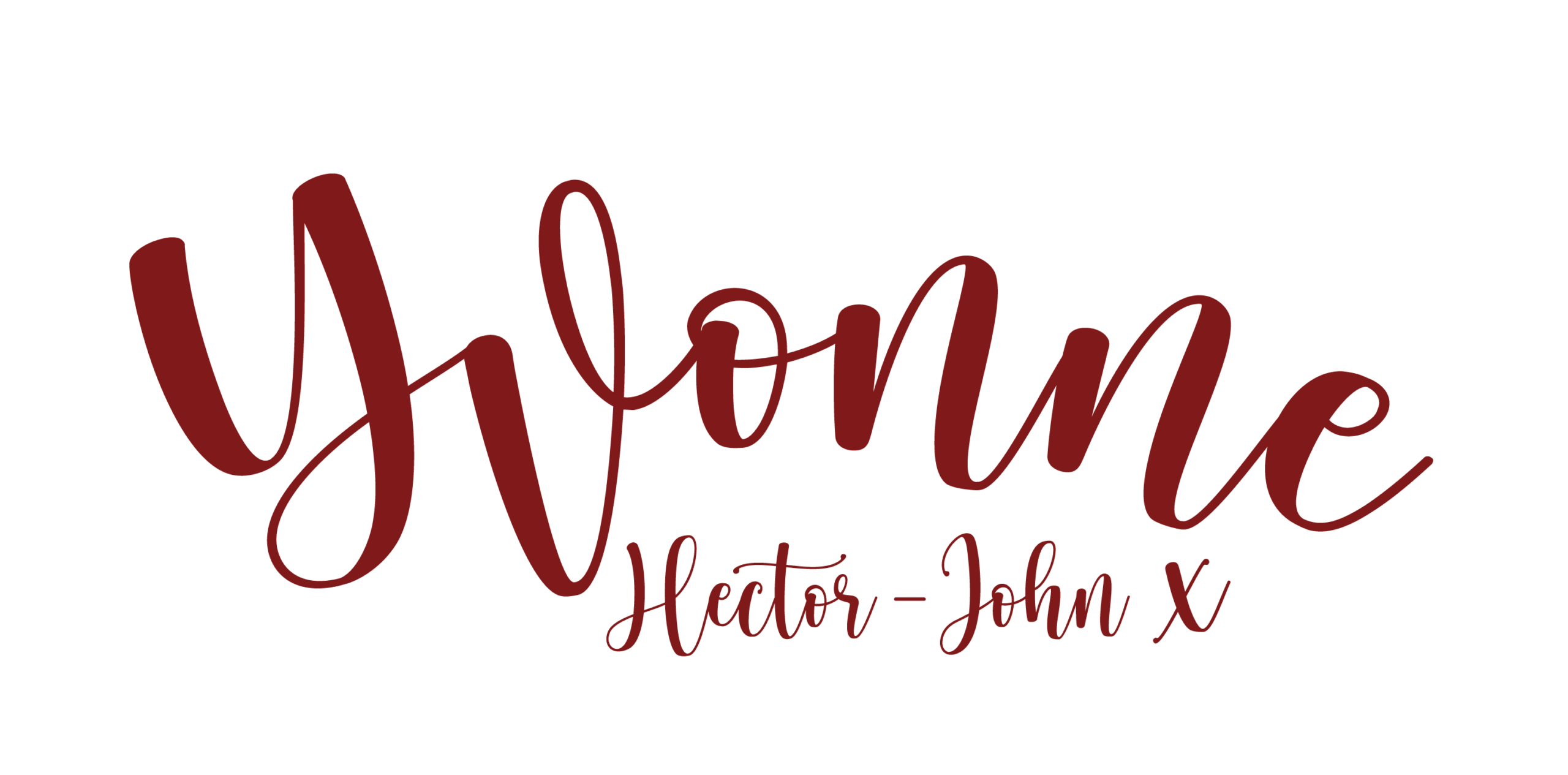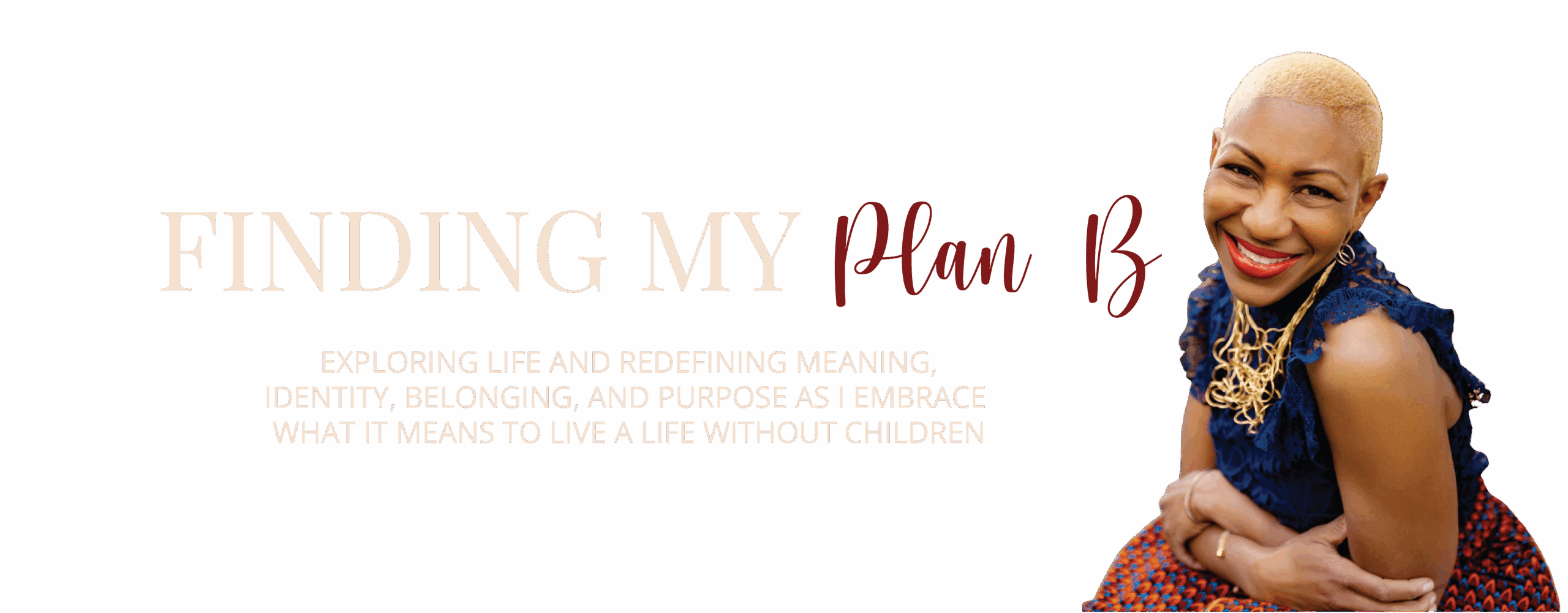
Inclusion is not only about who is in the room, but whose stories are given space to breathe. On 9 July 2025, I was invited by Clyde & Co to deliver a lunchtime session titled “The Silent Grief: Understanding and Supporting the Childless Not By Choice Experience.” They wanted to reflect a genuine commitment to expanding what inclusion really means whilst acknowledging the silent struggles of employees living without children and to explore how they can be better supported at work.
This session wasn’t just a talk. It was a moment of reckoning.
We explored the often-invisible grief that walks alongside childless employees in law firms, professional services, and beyond. Through a shared interactive format, we held up a mirror to ourselves inviting participants to reflect openly, speak truthfully, and gently examine the quiet biases they may not have realised they carried. The result? A powerful collective shift. One participant summed it up best: “Your presentation was everything and more than I thought it would be!”
Childlessness: The Last Workplace Taboo
In the diversity and inclusion space, there are topics that have gained momentum; race, gender identity, neurodiversity, mental health. But the experience of involuntary childlessness remains largely unspoken.
For many of us who are childless-not-by-choice (CNBC), the workplace can feel like a minefield. Office culture often revolves around parenting milestones; baby showers, parental leave, flexible working policies. While these celebrations matter, the absence of space for those who grieve the life they imagined but could not live creates a quiet exclusion.
We grieve not a person, but the loss of a dream and the loss of an unknown future. And that grief known as ‘disenfranchised grief’ often goes unacknowledged because it’s misunderstood. Who gives you permission to grieve a child you never had? A role you never got to play.
Invisible Bias, Visible Impact
In my session, I asked: “What words come to mind when you hear ‘childless’?” The answers shared ranged from sadness and isolation to freedom and resilience. This diversity reminds us that childlessness is not a fixed identity. The answers ranged from sadness and isolation to freedom and resilience a reminder that childlessness is not a fixed identity, but a spectrum of experiences: shaped by circumstance, health, or other complex life paths.
At work, no one knew. I didn’t speak about my grief. I barely acknowledged it to myself. The few who did respond offered this: “Well, at least you have your job.” As if professional success could substitute for parental love. But work doesn’t shield us from the pain. In fact, it often amplifies it.
The Workplace Experience: “You Don’t Have a Family to Get Home To”
Across professions from corporate offices to frontline services where long hours and urgent deadlines are the norm, childless employees often face quiet assumptions about their time, value, and capacity where they can be seen as the default fallback. We hear phrases like:
“Can you cover late evenings? You don’t have kids.”
“She should get the leave she’s a mum, and children are our future.”
“Parents should be given priority for time off during school holidays they have families to spend time with.”
There’s an underlying message: Your time doesn’t matter as much. Your life is less valid. This isn’t inclusion. It’s pronatalism the idea that parenthood is the preferred, most meaningful path. And it’s deeply embedded in our work structures.
The Emotional Toll: Grief Behind the Screens
Grief doesn’t clock out at 9am. It travels with us in the virtual calls, the “I’m fine” emails, the smiling through baby announcements during team meetings. There are no sympathy cards for what never was. No time off for sadness that doesn’t have a date. We cry in stairwells. We mask in meetings. We become experts in invisibility.
One participant after the session wrote: “It is such a comfort to know we are not alone.” That simple line captures the heart of what this session offered: visibility, solidarity, relief.
The Power of Language and Allyship
During the session, I invited the audience to think about small ways the workplace could become more inclusive for childless colleagues:
* Make baby announcements private and optional
* Offer flexibility to all, not just parents
* Ask inclusive questions like “What are your weekend plans?” instead of assuming parenthood.
Allyship doesn’t mean fixing. It means ‘seeing’. Listening without assuming. Recognising that grief and love come in many forms. It also means not perpetuating language like:
“You don’t know love until you’ve had children.”
“You’ll understand when you have kids of your own.”
Instead, ask:
“What is it like for you?” or “How can we make this space more inclusive?”
Why This Matters for Professional Services?
Workplace cultures can be high-performing, fast-paced, and historically shaped by assumptions around what a ‘normal’ life looks like. Childlessness disrupts that image. But disruption is where growth begins. Campany’s that want to attract and retain diverse talent must address not only what’s seen, but what’s silenced. Creating space for childless employees to feel safe, understood, and respected is not just a moral imperative it’s a strategic one. Employees who feel seen bring more of themselves to work. They are more engaged, more loyal, and more likely to thrive. Those who feel invisible? They disengage. Slowly. Quietly.
Real Engagement, Real Impact
What made this session different was its interactivity. Participants weren’t passive listeners, they were co-creators. Through live polls and open-text reflections, they voiced their own hesitations around sharing grief at work. They surfaced discomfort, honesty, empathy. The interactive tool gave language to the often unspoken. And that’s what inclusion is: giving voice to the invisible.
As the session drew to a close, I asked one final question: “What are you taking away from this session?” Responses poured in, words like “seen,” “connected,” “thoughtful,” “human.”
Those words now live in the room. And they matter.
An Invitation
If you’re reading this as an HR lead, EDI/DEI champion, or team leader: let’s talk.
I offer workshops, keynote talks, and facilitated conversations that help workplaces recognise and respond to the experience of involuntary childlessness. Whether you’re in law, finance, consultancy, the public sector or beyond, this conversation belongs in your organisation.
Let’s build cultures where everyone belongs. Not just those with buggies in the hallway or school runs in their calendar. But also, those with invisible grief. With unspoken stories. With lives that matter.
Because inclusion isn’t about treating everyone the same. It’s about recognising what makes us different and honouring it.

To book a session, collaborate on your EDI/DEI strategy, or learn more:
Email: [findingmyplanb@gmail.com](mailto:findingmyplanb@gmail.com)
Website: https://findingmyplanb.com/
Resources
Book: Dreaming of a Life Unlived: Intimate Stories and Portraits of Women Without Children – available online via Amazon and Blurb




Recent Comments